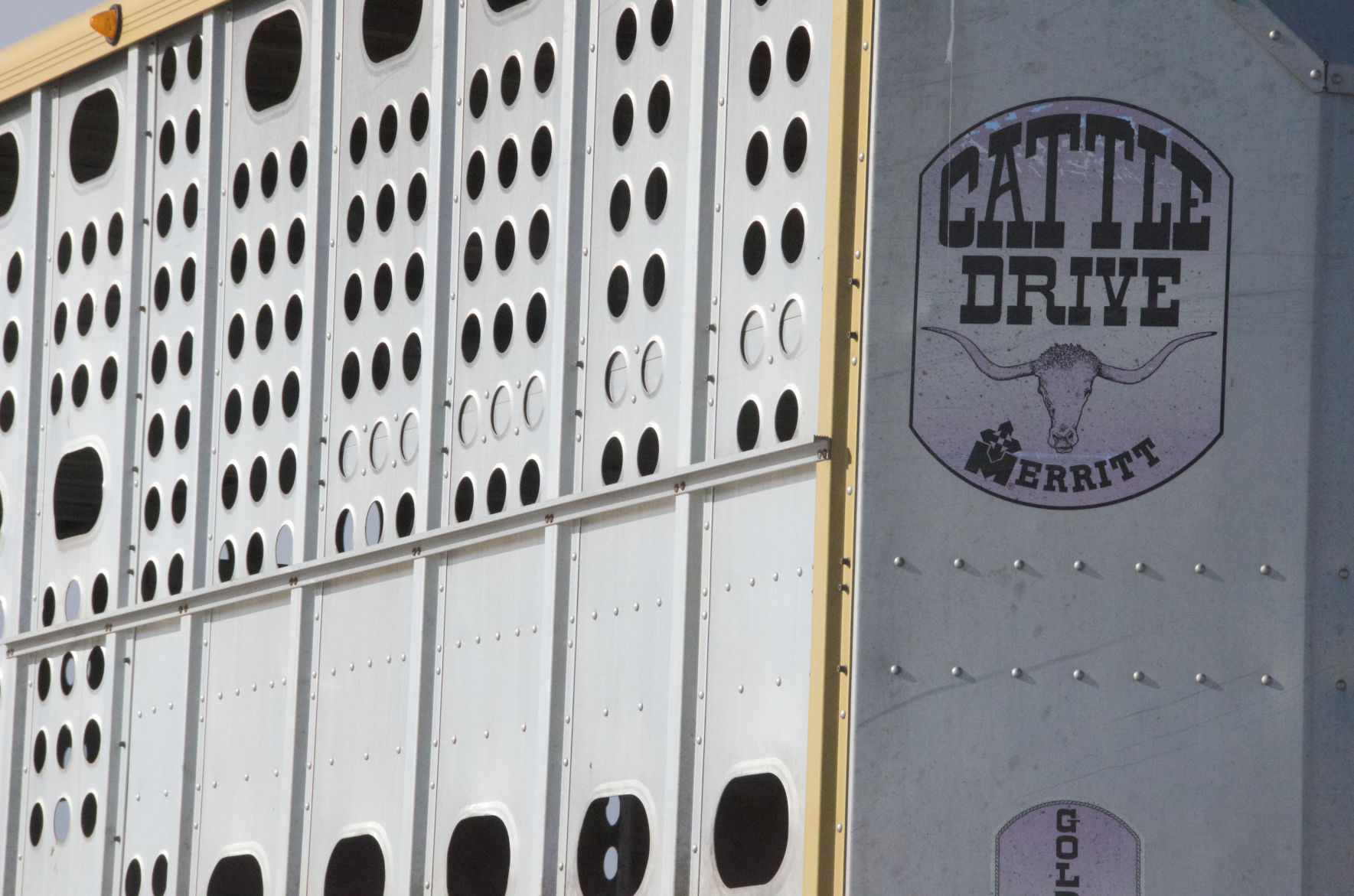Truck drivers who haul livestock must keep the best interests of the animals in mind while on the road. The Electronic Logging Device rule could have some major effects on the well-being of the animals they are hauling.
Clint Berry, a cattleman from Gainesville, Missouri, said the ELD rule itself is not the issue; rather it’s the hours of service, termed HOS, that becomes a problem for livestock producers. The original ELD rule was to take effect on Dec. 18, 2017, but the Federal Motor Carrier Safety Administration issued a 90-day waiver for livestock haulers. That waiver expires March 18. After that date, livestock haulers will be required to adhere to the ELD rules.
Bill Mahorney, chief of the compliance and enforcement division of FMCSA, said the waiver was granted for the agricultural commodity haulers because of confusion in both the agricultural community and the regulatory enforcement community as to what the ELD meant for each.
Craig Uden, immediate past president of the National Cattlemen’s Beef Association, said the 90-day waiver allowed livestock producers to meet with regulatory officials to discuss the agricultural exemption on HOS, known as the 150 air-mile rule.
The 150 air-mile rule will help livestock haulers. Mahorney said. “Within the 150 air miles from the source, hours of service doesn’t begin until the trucker is across the 150-mile threshold. That is when the ELD needs turned on and when the hours of service needs to begin,” he explained. The hours of service regulations are the same as they were prior to the ELD rule, he added. Meanwhile, the ELD will monitor the actual course of service on the vehicle. The ELD rule applies to most motor carriers and drivers who are currently required to maintain records of duty status.
Drivers who have to use ELDs would be limited to current hours of service rules, which restrict a driver to 14 on-duty hours, with no more than 11 active driving hours per 24-hour period. Once a driver hits those maximum hour allotments, he must stop and rest for 10 consecutive hours, which would be problematic when transporting livestock and other live animals.
Berry said the track record of livestock haulers should prove to policymakers how serious they take their jobs. The recent Large Truck Crash Causation Study, conducted by the FMCSA and the National Highway Traffic Safety Institute, showed that of 1,123 accidents involving trucks hauling cargo, just five involved the transportation of livestock.
“Yes, they sometimes have long hours, but they are hauling the most perishable product there is—live animals,” Berry said. “These livestock haulers know their limits and prepare for the haul they are making.”
The fear is the hours of service rule would take away the right of the driver to decide when to stop because they are tired. This could then put them into a sleep pattern that could be dangerous for the driver, those sharing the road and the goods that are being hauled.
Berry, who was recently elected Region III vice president of NCBA and is also a sales representative with Superior Livestock Auction, said he’s continually telling the cattlemen he works with across the country how important it is to be prepared to comply with the law, whatever it may be.
“It’s a fact that a large number of cattle are outside of an 11-hour trip to major feeding areas and packing plants. We cannot have these trucks just turn off when their hours of service have been met. We’ll have dead cattle on the side of the road,” said Berry.
Berry pointed out that even if there were facilities to unload livestock when the hours of service have been met, there are concerns with biosecurity, weather, and feed and water for the livestock on board.
“All of those things drive up the cost on our cattle,” Berry said. “As you enforce these rules those cattle that lie outside of that 11-hour area are going to have an incredible price deduction put on them. Buyers cannot simply bid on cattle that are 17 hours away.”
The FCMSA has received continual communication from NCBA and the National Pork Producers Council on the ELD rule. The comment period for the issue was up on Feb. 20, and now livestock producers wait for the final ruling.
“I’m confident that the Department of Transportation will work with us for the welfare of our livestock, but we better be ready to abide by what the final ruling is on March 18,” said Berry.
Jennifer Carrico can be reached at 515-833-2120 or [email protected].


